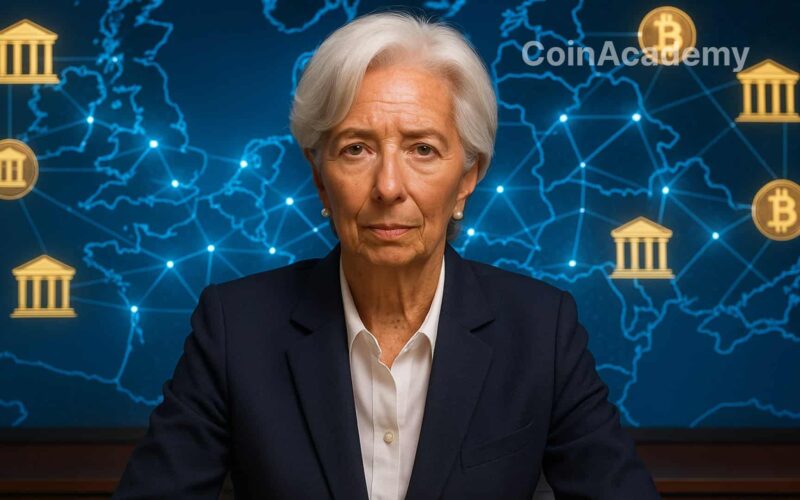Brussels is taking the lead. The European Commission is preparing a major reform that would place stock exchanges, crypto platforms, and clearinghouses under centralized supervision, according to a report from the Financial Times. The goal: to end the fragmentation of the single market and finally compete with American financial power.
Today, dozens of national authorities regulate the markets, creating a costly and inefficient regulatory labyrinth for companies. As a result, European startups seek growth across the Atlantic. The Union aims to change the game with a project inspired by the American SEC model, the formidable Securities and Exchange Commission.
ESMA, future unique regulator of European markets
At the heart of the system is a key player: the ESMA (European Securities and Markets Authority). Based in Paris, this authority would see its powers significantly strengthened. It would become the sole reference for overseeing the ‘most significant cross-border entities,’ stock exchanges, digital asset platforms, and post-market infrastructures such as clearinghouses or central depositories.
In the event of a conflict between national regulators, the ESMA would now have the final say with legally binding decisions. This is a way to avoid disputes between countries and ensure consistent regulation across the continent.
A political as well as economic project
This initiative is part of the ‘capital markets union’ strategy, a long-standing European dream: to make it easy for companies to raise funds anywhere in the Union without national barriers. The project is supported by Christine Lagarde, President of the ECB, and Mario Draghi, her predecessor, who advocate for a more integrated financial Europe to ‘make the continent competitive again compared to the United States.’ The Commission will present its ‘market integration package’ in December, a crucial step towards realizing this vision.
National resistances remain strong
But not everyone is applauding. Germany, long hostile to centralized supervision, is beginning to change under the government of Friedrich Merz, open to a compromise with France. However, Luxembourg and Ireland remain strongly opposed. ‘We want convergence, not a costly and inefficient bureaucracy,’ warned Gilles Roth, Luxembourg’s Finance Minister. These small states fear that the ESMA, based in Paris, will primarily serve the interests of the larger European powers.
Crypto, the explosive issue
Unsurprisingly, the crypto aspect is the most contentious. Some crypto exchanges and digital asset platforms fear increased compliance costs and supervision too far removed from the field. ‘Extending ESMA’s powers would raise costs for the industry,’ believes Marin Capelle, advisor to the European Fund and Asset Management Association (Efama). But for Brussels, the logic is clear: after the MiCA regime comes into force, fragmented surveillance of crypto exchanges would be counterintuitive. The Union wants to avoid loopholes, harmonize practices, and strengthen confidence in a rapidly evolving sector.
The message is clear: Europe wants its own ‘SEC moment.’ And this time, European crypto actors would do well to prepare for it.




